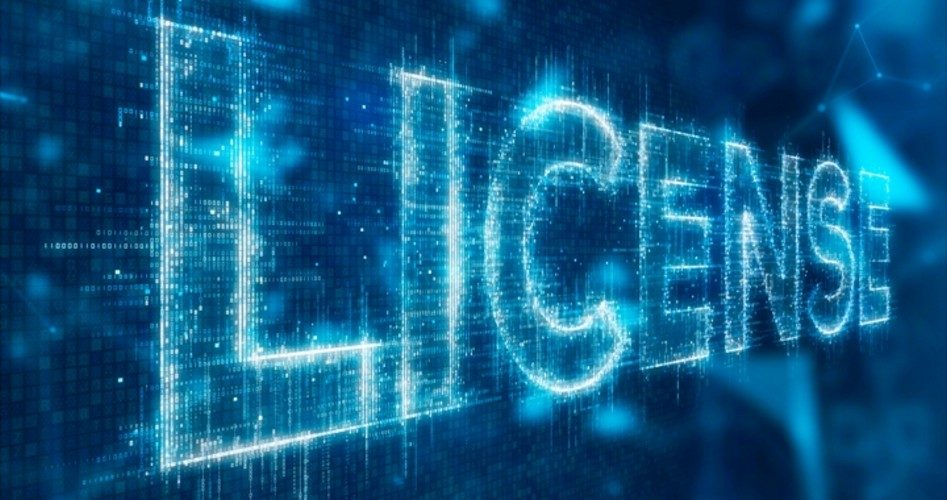
Across the country, state and local governments are placing impossibly high hurdles in the path of entrepreneurship, preventing many people from earning a living. Everywhere, it seems that anyone who would hang out a shingle or take a job providing a service has to obtain permission from government, paying sometimes thousands of dollars and taking hundreds of hours of training, placing such employment beyond the reach of those who often are most in need of a job.
Take Arizona for example: In order to legally blow-dry a person’s hair in a salon, a person must obtain a cosmetology license. To get the license, an applicant must receive 1,000 hours of training and pay up to $18,000!
Fortunately for citizens of the Grand Canyon State, there is a bill currently pending before the state legislature that remove these ridiculous barriers to blow drying. House Bill 2011, sponsored by state Representative Michelle Ugenti-Rita (R-District 23), would exempt from the licensing requirement, among others, “Persons who dry, style, arrange, dress, curl, hot iron or shampoo and condition hair if the service does not include the application of reactive chemicals to permanently straighten, curl or alter the structure of the hair.”
The bill is scheduled to be deliberated by a committee on January 29.
In Tennessee, the haircut police made a major bust of a man daring to cut hair without permission from the petty tyrants who control the granting of licenses to earn a living.
Here’s the story as related by Reason:
Jerry Biddle, the field inspector from the Tennessee Board of Cosmetology and Barber Examiners who stopped by the Revolution Studio that day, quickly spotted the fake.
“He came straight to me and was like, ‘That license is fake,’” remembers [Elias] Zarate.
Biddle’s report of the incident is straightforward. He entered the barbershop. He witnessed Zarate cutting hair. He checked Zarate’s license. It was not valid. He questioned Zarate, who admitted that he’d never been to barbering school. It was a run-of-the-mill investigation and an open-and-shut violation of Tennessee Cosmetology Act code 62-4-108: “person without a valid license practicing.” There’s nothing in the report — nor in other legal documents that eventually became part of Zarate’s case — that suggests any concern about the 28-year-old’s skills with scissors and a razor, or that indicates Zarate had done anything to put customers at risk. It’s a simple matter of not having the right paperwork.
That’s right. Zarate had the nerve to think that he had the right to cut someone’s hair just because that person agreed to let him do it and to pay the price they agreed upon for the service.
The citation wasn’t the end of Zarate’s run through the regulatory gauntlet. Again, from Reason: “The citation he received on January 18 required Zarate to appear before an administrative judge at a formal hearing of the state Board of Cosmetology and Barber Examiners in Nashville.”
At his hearing, Zarate “was hit with a $1,500 penalty, followed by $600 in additional fees that included court costs, attorneys’ fees, and the expense of the investigation that had busted him for the fake license. There was no information about how to get licensed correctly. The state didn’t want to help him. It just wanted money.”
That wasn’t the end of Zarate’s ordeal, however. Reason reports: “Still wanting to make things right with the state, and wanting to provide a steady income to support his new wife, who was expecting a daughter, Zarate began calling around to barbering schools in the Memphis area. That’s when he hit another wall. Without a high school diploma or a GED, he was repeatedly told, there would be no reason for a school to admit him.”
Again, how dare this man think he and another adult could consent to a service and a price without permission from the Powers That Be.
Zarate appealed the decision and the appeal was flatly denied.
Denying people the ability to earn a living is a despotic power exercised in some degree by every state in the union.
Ultimately, requiring a license to do anything converts an act that was once a right into a privilege, a privilege to be granted and revoked by rulers according to their whim.
Occupational licensure is an example of this transformation and it artificially inflates prices, prevents people from practicing the livelihood of their choice, and exchanges genuine capitalism for crony capitalism and all the corruption with which that institution is concomitant.
According to a study conducted in 2010 by S. David Young, “at least a fifth, and perhaps as much as a third, of the work force is directly affected by licensing laws” in the United States.
An article published by the Ludwig von Mises Institute reveals what may be the reason for the regulations and their popularity among those already licensed:
Studies have shown, for example, that more-difficult requirements to earn a dental license (in the form of the pass rate of the required exam) do not lead to improved dental outcomes of patients but do result in higher prices of basic dental services, likely because the requirements result in fewer dentists. Similarly, more-stringent licensing of mortgage brokers has no influence on the number of foreclosures, but does lead to higher prices of mortgages, again likely due to fewer providers of the service.
Other studies have found that occupational licensing improves the employment prospects of licensed workers and can raise their wages by as much as 15 percent and enhance other benefits such as health coverage and pensions. These benefits are similar to those of unions.
In other words, the requirement of an occupational license does not improve the quality of the regulated service, but it does allow the licensed service providers to charge more for their services than an unlicensed provider.
The economic effect is that those who could provide a service but who cannot afford the license are prevented from providing for themselves and their families, regardless of their skill or the willingness of customers to hire them.
Add the occupational-licensure racket to the minimum-wage ruse, and state and local government has usurped the power to prevent a substantial bloc of the population from working, despite the claim that the regulations are designed to help those people and to prevent the public from harm.
Let’s let Adam Smith have the last word on this issue. He writes in The Wealth of Nations, “The property which every man has in his own labour, as it is the original foundation of all other property, so it is the most sacred and inviolable. The patrimony of a poor man lies in the strength and dexterity of his hands; and to hinder him from employing this strength and dexterity of his hands; and to hinder him from employing this strength and dexterity in what manner he thinks proper without injury to his neighbour is a plain violation of this most sacred property.” (Book I, Chapter 10)
Image: loveguli/iStock/Getty Images Plus



